Entry Category: Government and Politics
Arkansas Martin Luther King Jr. Commission
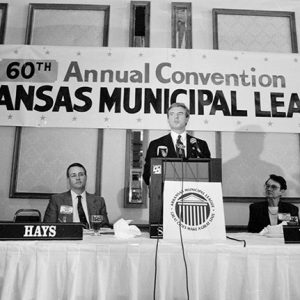 Arkansas Municipal League
Arkansas Municipal League
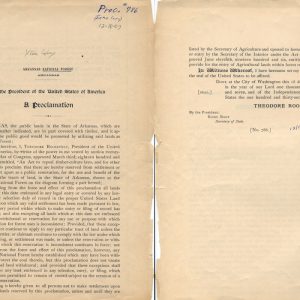 Arkansas National Forest Proclamation
Arkansas National Forest Proclamation
Arkansas Natural and Cultural Resources Council
Arkansas Natural Heritage Commission (ANHC)
Arkansas Negro Democratic Association (ANDA)
Arkansas Peace Society
Arkansas Plan
Arkansas Political Science Association
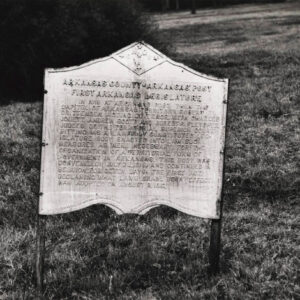 Arkansas Post First Legislature Marker
Arkansas Post First Legislature Marker
Arkansas Power and Light (AP&L)
Arkansas Prison Blood Scandal
Arkansas Project
 Arkansas Quarter Design Discussion
Arkansas Quarter Design Discussion
Arkansas Real Estate Bank
Arkansas Right to Life
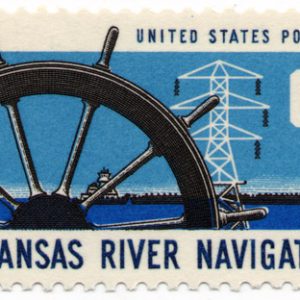 Arkansas River Navigation Project Stamp
Arkansas River Navigation Project Stamp
Arkansas Scholarship Lottery
Arkansas Securities Department
Arkansas Soybean Promotion Board
Arkansas State Bank
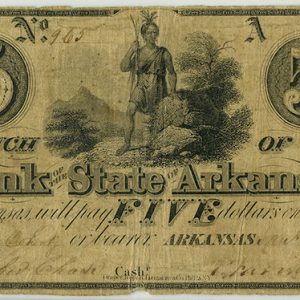 Arkansas State Bank Note, 1839
Arkansas State Bank Note, 1839
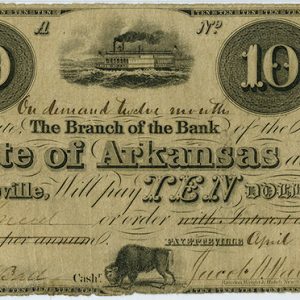 Arkansas State Bank Note, 1838
Arkansas State Bank Note, 1838
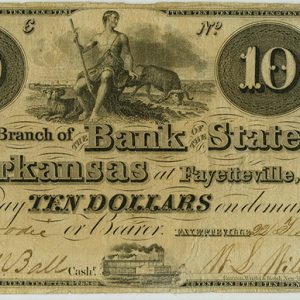 Arkansas State Bank Note, 1840
Arkansas State Bank Note, 1840
Arkansas State Bank Department
Arkansas State Boundaries
Arkansas State Capital, Folkloric Relocations of the
Arkansas State Capitol Building
 Arkansas State Capitol Building
Arkansas State Capitol Building
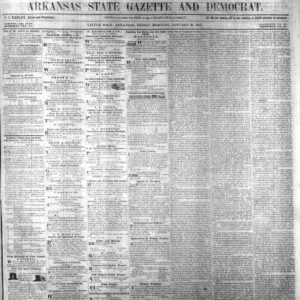 Arkansas State Gazette and Democrat
Arkansas State Gazette and Democrat
Arkansas State Library
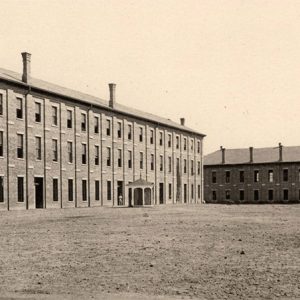 Arkansas State Penitentiary
Arkansas State Penitentiary
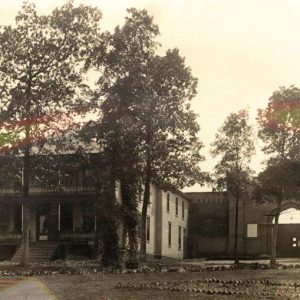 Arkansas State Penitentiary
Arkansas State Penitentiary
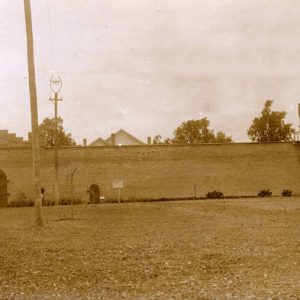 Arkansas State Penitentiary
Arkansas State Penitentiary
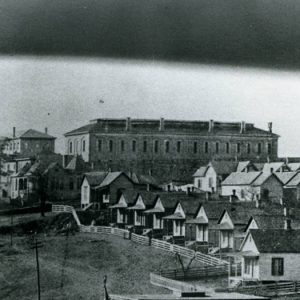 Arkansas State Penitentiary
Arkansas State Penitentiary
Arkansas State Quarter
Arkansas Tartans
Arkansas Waltz
Arkansas Waterways Commission
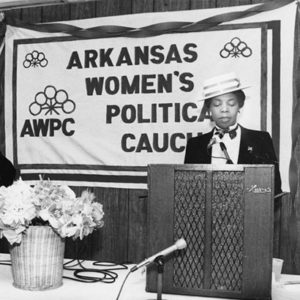 Arkansas Women's Political Caucus
Arkansas Women's Political Caucus
Arkansas Workers’ Compensation Commission
Arkansas Writers Project
ARKids First
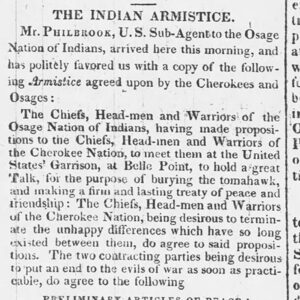 Armistice Story
Armistice Story
Armstrong, David Love
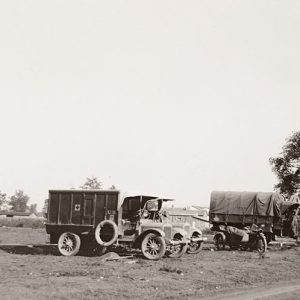 Army Trucks
Army Trucks
 "Sody" Arnold Campaign
"Sody" Arnold Campaign
 "Sody" Arnold Sticker
"Sody" Arnold Sticker




